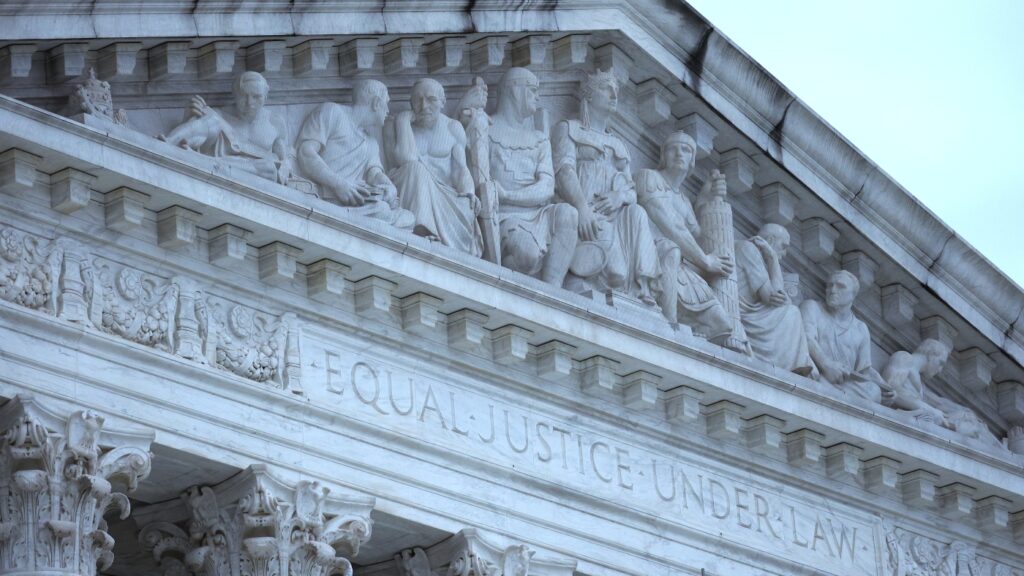The U.S. Supreme Court recently heard oral arguments challenging the constitutional provision granting automatic citizenship to babies born in the United States. While focusing on a legal question about nationwide injunctions, the case could impact the ability to challenge various legal policies. The Fourteenth Amendment, enacted post-Civil War, established birthright citizenship to ensure equal rights. Despite past rulings and statutes supporting birthright citizenship, President Trump issued an executive order challenging this concept. Legal challenges ensued, with federal judges deeming the order unconstitutional, leading to appeals and a Supreme Court emergency case.
The issue of nationwide injunctions has bipartisan concerns, with arguments for and against their use. Some believe these injunctions are necessary to prevent harm, while others see them as problematic. The case’s potential impact on court workload and emergency appeals is a key consideration. The case’s timing and implications could affect the summer break for justices. The challenge from 22 states raises concerns about citizenship consistency across states and the logistical challenges that may arise. Real people, like asylum seekers Dina and Henry, highlight the human impact of this legal debate.
Ultimately, a decision on the birthright citizenship case is anticipated by late June or early July, with implications beyond the specific issue at hand, potentially shaping the legal landscape for future challenges to government policies.

